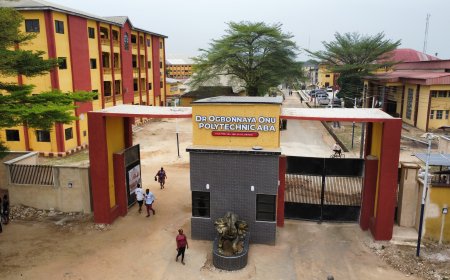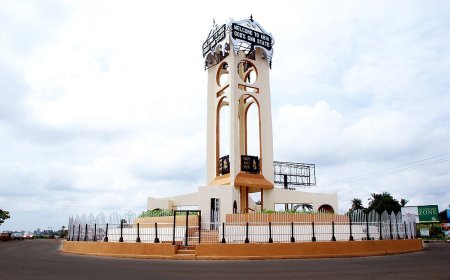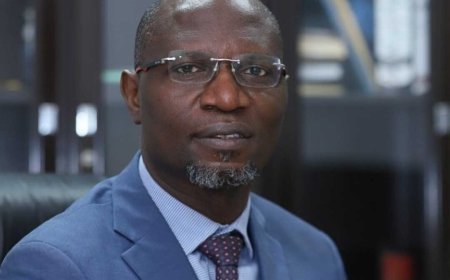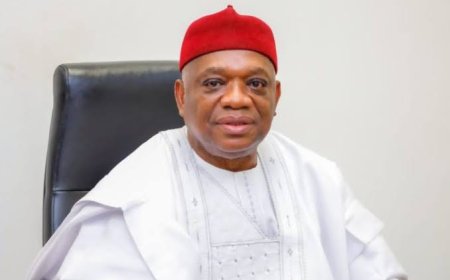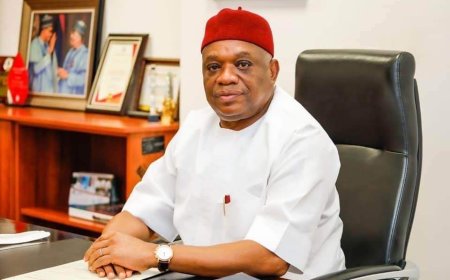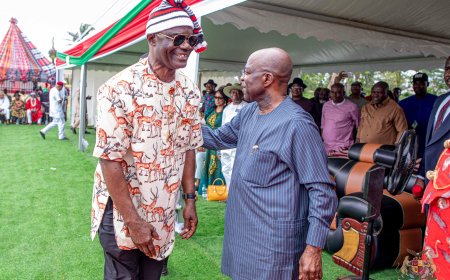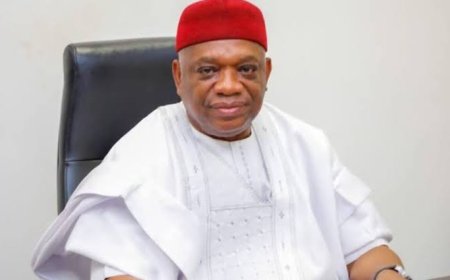House of Reps Proposes 37 New States in Major Constitutional Amendment

In a significant move toward restructuring Nigeria political and administrative landscape, the House of Representatives Committee on the Review of the Constitution has proposed the creation of 37 new states across the six geopolitical zones. If approved, this would increase Nigeria total number of states from 36 to 67.
The proposal was formally presented during Thursday plenary session, presided over by Deputy Speaker Benjamin Kalu. According to the committee letter, the new states were suggested based on legislative proposals received from various regions.
North-Central
1. Benue Ala State from the present Benue State.
2. Okun State from the present Kogi State.
3. Okura State from the present Kogi State.
4. Confluence State from the present Kogi State.
5. Apa-Agba State from Benue South Senatorial District.
6. Apa State from the present Benue State.
7. Federal Capital Territory (FCT) as a 37th state
North-East
8. Amana State from the present Adamawa State.
9. Katagum State from the present Bauchi State.
10. Savannah State from the present Borno State.
11. Muri State from the present Taraba State.
North-West
12. New Kaduna State and Gurara State from the present Kaduna State.
13. Tiga State from the present Kano State.
14. Kainji State from the present Kebbi State.
15. Ghari State from the present Kano State.
South-East
16. Etiti State as the sixth state in the South-East geopolitical zone.
17. Adada State from the present Enugu State.
18. Urashi State as the sixth state in the South-East geopolitical zone.
19. Orlu State from the South-Eastern Region.
20. Aba State from the South-Eastern Region.
South-South
21. Ogoja State from the present Cross River State.
22. Warri State from the present Delta State.
23. Bori State from the present Rivers State.
24. Obolo State from the present Rivers and Akwa Ibom States.
South-West
25. Toru-Ebe State from the present Delta, Edo, and Ondo States.
26. Ibadan State from the present Oyo State.
27. Lagoon State from the present Lagos State.
28. Ijebu State from the present Ogun State.
29. Lagoon State from the present Lagos and Ogun States.
30. Ibadan State from the present Oyo State.
31. Oke-Ogun and Ife-Ijesha States from the present-day Ogun, Oyo, and Osun States.
For these new states to be created, the proposals must meet stringent constitutional requirements. The request must secure approval from:
Two-thirds majority of the National Assembly (Senate and House of Representatives).
House of Assembly representing the affected areas.
Local Government Councils within the proposed states.
If implemented, this restructuring could have far-reaching political, economic, and administrative implications. Advocates argue that new states will bring governance closer to the people, enhance regional development, and address long-standing ethnic and geopolitical concerns. However, critics warn of increased government expenses, political disputes, and challenges in resource allocation.
The proposal has sparked nationwide debate, with political analysts, regional leaders, and civil society groups expressing mixed reactions. While some regions see this as an opportunity for enhanced representation, others worry about feasibility and the economic burden of sustaining additional states.
The National Assembly is expected to deliberate further on these proposals before any constitutional amendments take effect. If the process succeeds, Nigeria will witness its most significant political restructuring since the 1996 creation of the current 36-state system.










